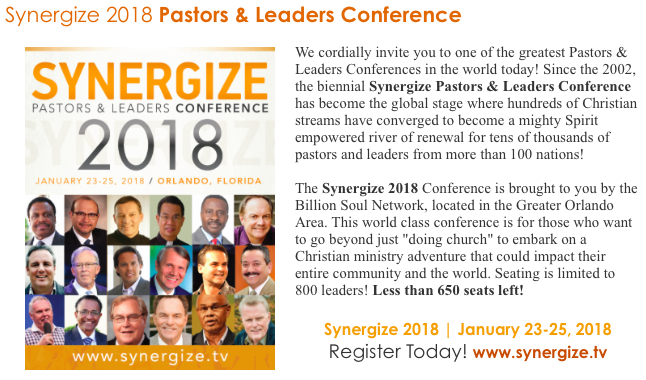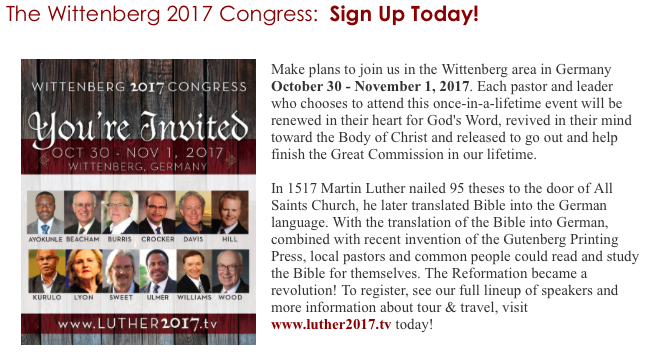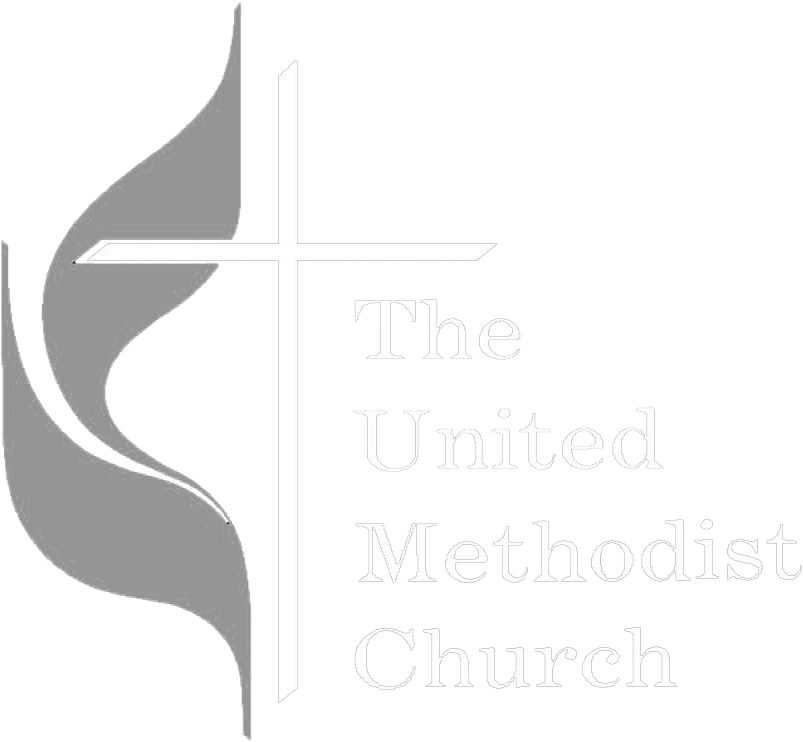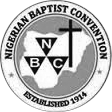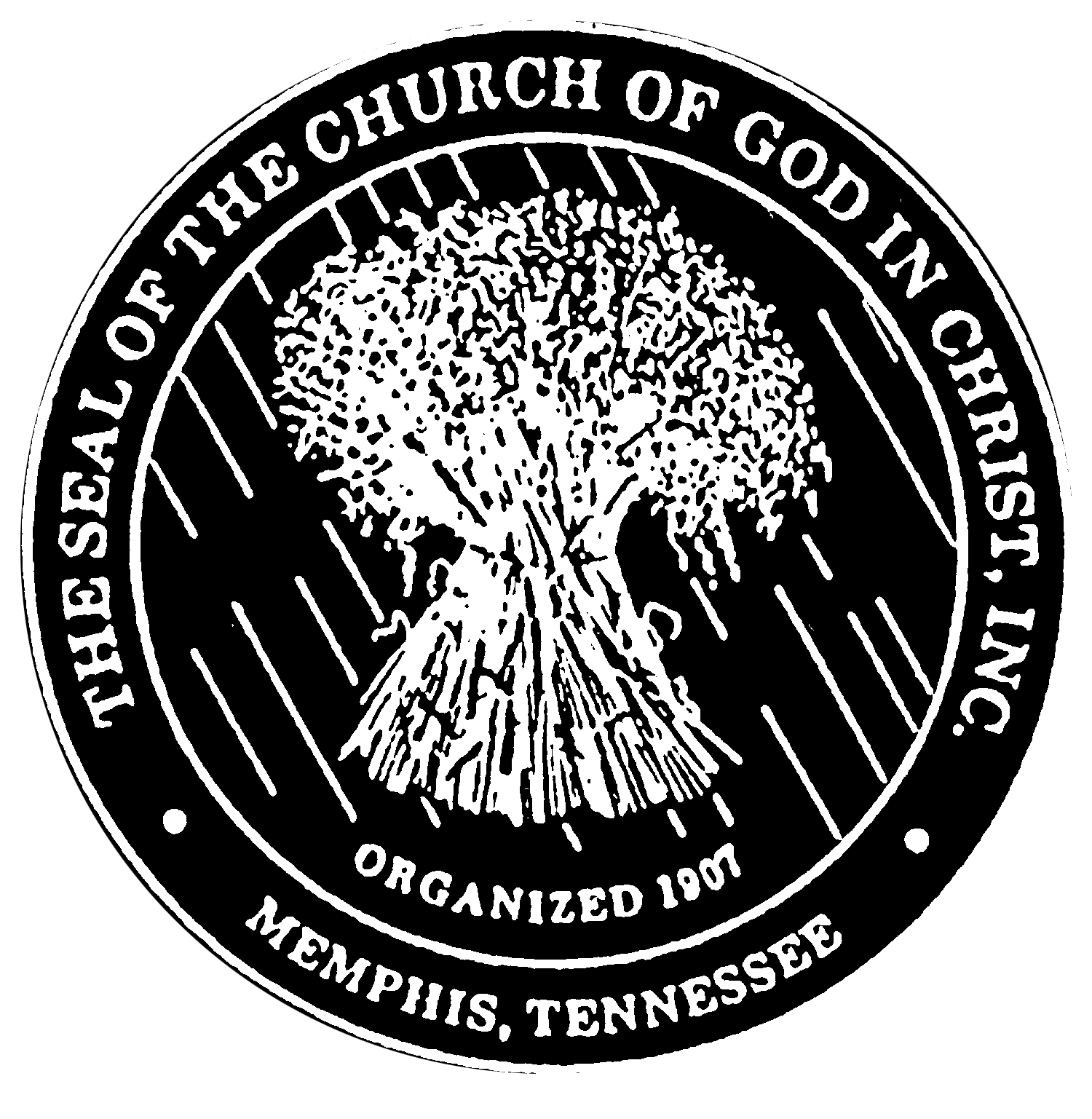The Launch Of Global Church Resources® & The Global Church Store®!

Dear Visionary Leader,

More than six years, we began to gradually move from the “Billion Soul Network” to the “Global Church Network.” We began to transition with the development of the Global Church Learning Center (www.GCLC.tv). In 2011, Dr. David Sobrepeña and I met all day in Ecuador framing all of the “first phase” courses to be developed and deployed through Global Church Learning Center platform. In March, 2012, we were privileged to make this enormous online platform available live for the first time at Word of Hope Church in Manila, Philippines.
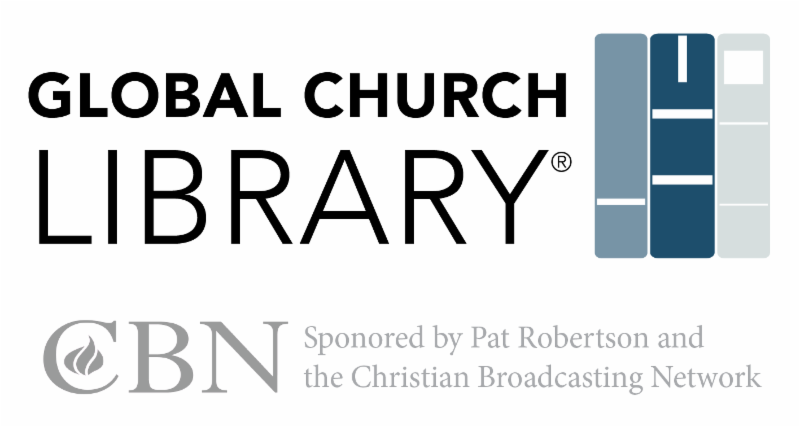
Just like a powerful train, made up of many boxcars that follow the engine, the GCLC was just the beginning of a series of “electronic cars” filled with world class resources for the Global Church. After the launch of the Global Church Learning Center, came the Global Church Classroom, the Global Church Library and the Global Church Network. Each of these phenomenal entities are each interconnected with the other to provide synergistic networking and training for pastors and leaders.

Our team is now honored to announce two more additions to the Global Church Network train. In the next few days, Global Church Resources® (www.GlobalChurchResources.com) and the official Global Church Store® (www.GlobalChurchStore.com) will become linked to Global Church Learning Center, Global Church Library, Global Church Class Room and Global Church Network. The Global Church Resources® and Global Church Store® will provide:
- Personal Growth
- Paternal Growth
- Pastoral Growth
- Parishioner Growth
- Professional Growth

All of these growth tracks and more will be available in the Global Church Resources® and Global Church Store®. Since the Global Church Network is “not about the West going to the Rest, but the Best around the world going to the Rest,” we will be offering the finest global resources. These life-changing resources will come from the more than 225 CoChairs and additional Church leaders. We are not called “to compete” against each other, but to “complete” together the Great Commission.


Jesus died the way He lived. In the Gospel narratives, Jesus lived with sinners and saints. On Calvary, He hung between two thieves. The one on the right received Him and the one on the left rejected Him. Jesus became the “link” between those who choose righteousness and those who choose unrighteousness. The cross became the greatest moral intersection of all time. It is at the cross where people turn right to heaven or left to hell. The light turned green at the cross for everyone to have the opportunity to go to heaven and to live forever.
As Jesus Christ was about to ascend to heaven, He pronounced the Great Commission (Matthew 28:18-20; Mark 16:15-18). He commissioned His disciples to evangelize the whole world. They were not called upon to make decisions, but disciples. Their accomplishments were not to be measured by “counting,” but by “conversions.
 In chapters eight through ten of the Book of Acts, the Great Commission is completed by the early Church. These three chapters form a unit on evangelism. They are a trilogy in missiology. In these chapters, the theme is grace for every race. If the contemporary Church is to evangelize the world today, then there are five indisputable truths that must be acknowledged and applied in our evangelism efforts.
In chapters eight through ten of the Book of Acts, the Great Commission is completed by the early Church. These three chapters form a unit on evangelism. They are a trilogy in missiology. In these chapters, the theme is grace for every race. If the contemporary Church is to evangelize the world today, then there are five indisputable truths that must be acknowledged and applied in our evangelism efforts.
First, we must acknowledge there is a universal sinner. In chapters eight through ten of the Book of Acts, there were three men who had the same core problem in their lives. They were from different places and distinct races. The Ethiopian eunuch was from Africa. Saul was from Tarsus in Palestine. Cornelius was an Italian from Caesarea. Their common problem was their human depravity or sinful nature.
Second, we must realize that there is an universal seeker. In these chapters, the Ethiopian, Saul, and Cornelius wanted to know the “truth.” They were looking for truth in three different ways. The Ethiopian read the Scriptures (Acts 8: 28-31). Saul resisted the Savior (Acts 9:4-5). Cornelius reached out in supplication (Acts 10:2).
 People are looking for truth and meaning to life in different ways today. Many are turning to vices instead of virtues and to cults instead of Christ. The Gospel must be communicated in such a manner so they can comprehend the elements of salvation and enter into eternal life. Even though there is anger, resentment, and hostility toward the gospel like Saul of Tarsus on the surface of people’s lives; we must remember that if God can save us, then He can save anybody. God can take the world’s worst sinner like Saul and turn him into the world’s greatest Christian. It is grace for every race.
People are looking for truth and meaning to life in different ways today. Many are turning to vices instead of virtues and to cults instead of Christ. The Gospel must be communicated in such a manner so they can comprehend the elements of salvation and enter into eternal life. Even though there is anger, resentment, and hostility toward the gospel like Saul of Tarsus on the surface of people’s lives; we must remember that if God can save us, then He can save anybody. God can take the world’s worst sinner like Saul and turn him into the world’s greatest Christian. It is grace for every race.
Third, we must be convinced that there is a universal Savior. In chapters eight through ten of the Book of Acts, Phillip, Ananias, and Peter preached Jesus Christ to the Ethiopian, Saul, and Cornelius, respectively (8:35; 9:5; 10:36). Jesus is the central theme of evangelism. Methods of presentation may need to change, but the message stays the same forever.
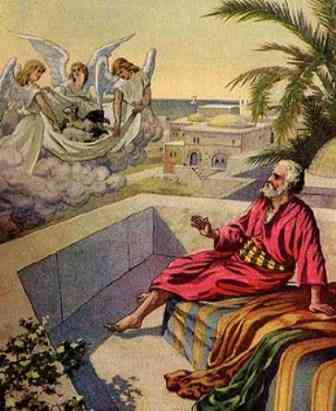 Fourth, we must believe in a universal salvation. When we share Christ through personal soul winning, or in local church crusades, people are going to experience salvation. In the Book of Acts, the Ethiopian, Saul, and Cornelius experienced salvation through Jesus Christ (8: 37; 9:6; 10:44). Even though they were in different places and from distinct races, God’s grace changed their lives forever.
Fourth, we must believe in a universal salvation. When we share Christ through personal soul winning, or in local church crusades, people are going to experience salvation. In the Book of Acts, the Ethiopian, Saul, and Cornelius experienced salvation through Jesus Christ (8: 37; 9:6; 10:44). Even though they were in different places and from distinct races, God’s grace changed their lives forever.
Fifth, we must be reminded of a universal subpoena. In chapters eight through ten of the Book of Acts, there was only one command issued to Phillip, Ananias, and Peter. This command was to “arise and go” (8:26; 9:11; 10:19-20). We must remember that Christ not only said, “come unto me,” but also, “arise and go.” Someone has noticed that one cannot spell good, God or gospel without the word “go.” We have been commanded to proclaim Christ to the nations.
It is interesting to further note that Philip, Ananias, and Peter represented different levels of leadership in the New Testament Church. Philip was first a deacon who later became an evangelist. Ananias was a layman. Peter was a Pentecostal preacher. All deacons, laypeople, and preachers are to be soul winners. Regardless of the level of leadership in the local church, the command is to “arise and go.” Are you a soul winner? Do you share Christ with unsaved friends?
There are more people alive today on earth, than have ever died in the history of the world. Yet, there are five indisputable truths for effective evangelism. We must acknowledge and apply the truths of a universal sinner, seeker, Savior, salvation, and subpoena to our evangelism efforts now. It is God’s grace for every race. Will you “arise and go?”
Until The Last Person Has Heard,

Dr. James. O. Davis
Cofounder / Billion Soul Network
Cochair / Global Networking






